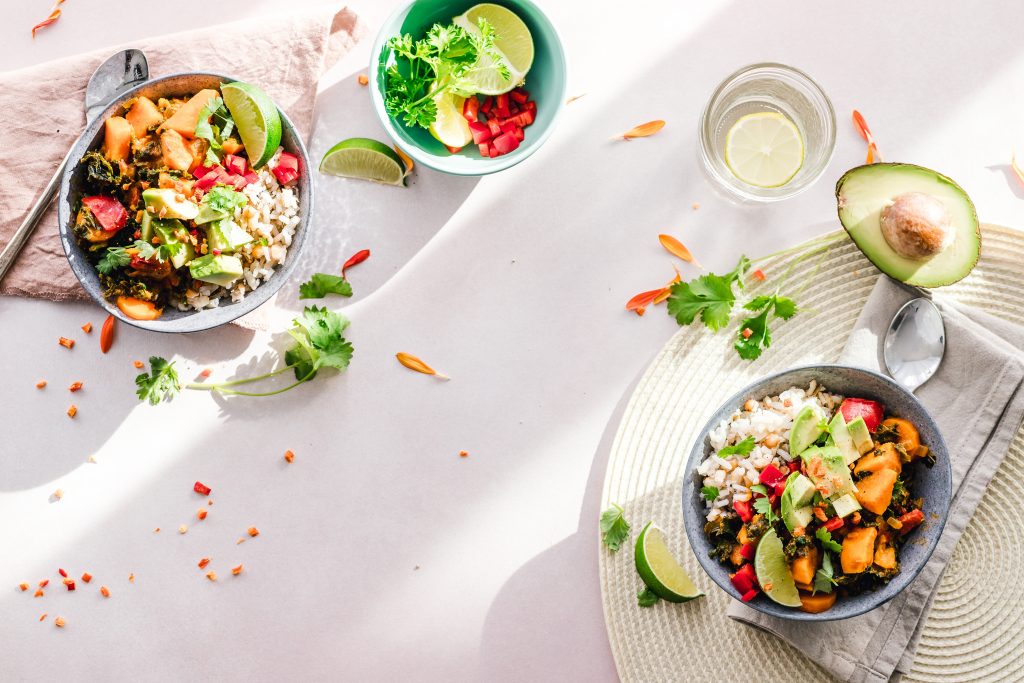Magnesium is one of the most important minerals in our body and plays an important role in the brain. Your body needs it to function properly because every cell in your body contains magnesium. The recommended daily amount for an adult man is 350 milligrams, for a woman it’s 300 milligrams. However, research shows that people in Europe and the United States often consume less magnesium than the recommended amount (Gröber, Schmidt, & Kisters, 2015). Unhealthy diet, alcoholism and stress can contribute to a magnesium deficiency.
How do you know that you may have a magnesium deficiency?
Possible symptoms of magnesium deficiency are general lethargy or fatigue, headache, muscle cramps, depressive symptoms, and agitation. In addition, it may happen that you can tolerate less stress, you suffer from nervousness, and that you experience sleeping problems.
So what is magnesium good for?
- The relaxation of your muscles, nerves, and blood vessels
- Releasing energy from food
- Increased resistance to tension stress
- Strengthening memory and concentration
- Promoting the health of your heart and blood vessels
- Skeletal strength
- The transmission of nerve impulses and the proper functioning of your muscles
In addition, various studies have shown that taking magnesium supplements can be a valuable addition in reducing depressive symptoms, in addition to standard depression treatments. Plus, supplementing a magnesium deficiency can contribute to a deeper, more restful sleep. It is also known that magnesium can help against headaches and migraines.
Which foods contain magnesium?
The biggest source of magnesium is nuts and seeds. Particularly Brazil nuts, but also almonds, cashew nuts, and walnuts. Add it to your breakfast in the morning, with some chia seeds or linseed for extra magnesium. Whole grains are also a good source of magnesium, such as whole-wheat bread, quinoa, or bulgur. In addition, green leafy vegetables and legumes are rich in magnesium. Also think of avocado, tofu, bananas, and oily fish. If you like chocolate, I have good news! Dark chocolate is also a good source of magnesium, the darker the better. I would say, take advantage of it!
Magnesium supplements
In addition to a healthy diet, it may be necessary, for example, to take magnesium as a supplement during times when you experience a lot of stress. If you suspect that you also have a magnesium deficiency, you can consider having your blood drawn in the hospital or visiting an orthomolecular therapist.



